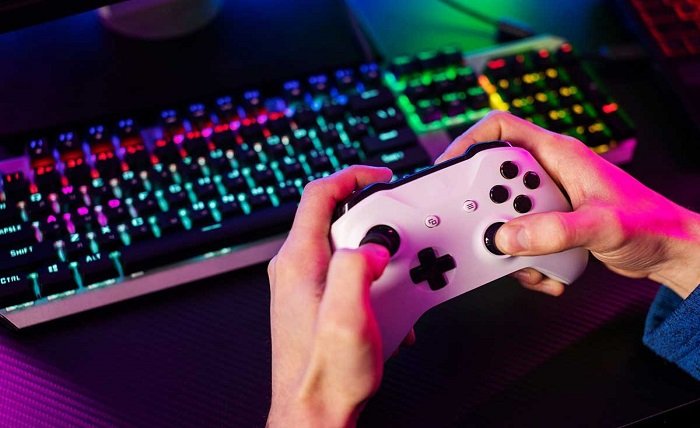A powerful comeback is more than just a clever insult. It’s an art form, a strategic game of words where timing, wit, and confidence are your most powerful weapons. It’s about ending a conversation on your terms, not with anger, but with unshakeable self-assurance.
The Opening Salvo: Recognizing the Game
The first thing you must do in formulating a stellar comeback is to realize that it is a verbal battle. A verbal punch has been thrown, a passive aggressive line, an insult, or unfair criticism. The amateur fails to do this because he or she makes the mistake of reacting emotionally. Anger causes one to be clumsy in response and predictable. A master of wit here interprets this as a preliminary. They stop, calm their feelings, and review the assault. What is the insecurity beneath the comment? What is the weakest argument of theirs? This hesitation on your part is your most potent weapon It allows you time to switch your defensive position to your offensive position and put together your counter-move in a clear state of mind.
Choosing Your Weapon: The Different Styles of Comebacks
Not every comeback is made equal The most effective one is always based on a situation and your opponent. There are times when humor is the most destructive weapon. A sarcastic, self-deprecating remark also immediately neutralizes a heckler and gains the audience to your side. At other times a surgical question is more effective. Asking: Why do you think that is relevant? The faulty reasoning behind their insult can be revealed. There is the art of the strategic agreement. By acknowledging their offense, in a cartoonish manner (“You are right, my sense of fashion is so special, and it is a pity you do not like it”), it completely defuses its effectiveness. The trick is to possess a wide variety of verbal weapons in your arsenal.
The Element of Surprise: Timing and Delivery
A perfect line delivered at the wrong moment falls flat. Timing is everything. The best comebacks are often swift, delivered before the aggressor has time to build momentum. However, a delayed, calmly delivered retort can also have a chilling effect, showing that their comment didn’t even warrant an immediate reaction. Your delivery is just as important. It must be confident. Speak clearly, maintain eye contact, and never let them see you flustered. A slight smirk or a raised eyebrow can add more impact than the words themselves. It’s this combination of timing and non-verbal cues that turns a good line into a legendary one. This is the essence of high-stakes verbal sparring, a form of desi betting on your own wit and composure.
The Graceful Exit: Knowing When You’ve Won
The greatest thing you can do after hitting a knock-out comeback is not to stay. There is no need to wait to get a reaction. Never try to explain your joke. Simply say the line and go on. Switch the topic, change the person to whom you are talking or just leave the scene. This is the verbal replica of a mic drop. It demonstrates that the exchange is finished and you were the unquestionable victor. It exudes an aura of unrivaled confidence. You have said your piece and you do not have to seek validation or response of them. Having the last word even after you are already a winner will just portray you as a small person. The best power play is that when you know you have made your last move of the game and carry yourself like that.
Conclusion
Learning how to make a comeback is not being mean and rough. It is strategic skill mastering It is a matter of confidence to know how to protect what belongs to you with logic and smartness other than aggression. With the right choice of words, the right timing and knowing when to stop, you can win any social game and walk away with head held high. No one can say that they have not encountered a situation in which they were attacked and where they had to use a well-played comeback as an indicator of the fact that the mind was intelligent as well as being in full control.
